I’ve never forgotten my first meeting with Alex Salmond.
It was in Linlithgow in 1983 and he was with the former SNP MP – and later independent MSP – Margo MacDonald at a restaurant called – ahem – the Black Bitch.
Alex was a youngster, who often looked up to Margo in these days. There was a sense that, even if he was wrong, he might be proved right in the future, although he was still basically a skinny economist with a grand vision for his homeland.
He knew he was going places
He was glib, articulate, bright as a button, somebody who could keep a conversation going at 100 paces. “So what team do you support?” he asked me, referring to football.
“Aberdeen”, I told him and he immediately called me out. “No, you don’t. Don’t lie to me, my friend. I know what team you support.”
He didn’t. But that was Salmond and he was the sort of person who made you feel that his drive, determination and occasional fury was a normal part of the political process.
It helped that he was an economist, somebody who asked basic questions and had no time for procrastinating opponents. Even now, I remember when he told me: “Scotland has all this oil. What are we doing with it?”
Margo, no fool herself, responded: “But what can we do with Thatcher in charge?”
We have to plan for the future
And that was the thing with Salmond, who died on Saturday at the age of 69. Love him or loathe him, he wasn’t interested in minority interests or fringe pursuits, because he thought Scotland would prosper from going it alone and to hell with any detractors.
He told me: “We’re not the same as the English. I love them, but what is stopping us from being an independent country? We have our own identity.
“So many other countries have won their independence. Why not Scotland?”
The challenge was tougher than he could have anticipated. Salmond was never short of a bon mot and a pertinent quote, but he was no fan of the idea that devolution was “the settled will of the Scottish people”, according to Labour MP Donald Dewar.
On the contrary, he reckoned the Scottish Parliament would be the worst of both worlds: a place where the status quo would be maintained with free shortbread.
We have to take this opportunity
Whatever the merits of that opinion, Salmond watched the opinion polls rise in the SNP’s favour and argued persuasively that his country should be allowed to go it alone.
As he told me in 1999, prior to the first elections at Holyrood: “This is a step forward and I accept that. But who is pulling the strings, who is dictating the terms? It’s not us.”
Eventually, the SNP made terrific strides. Labour, stuck in a groove, was left clutching at straws in Scotland. The Tories, replaced by Tony Blair, languished for a decade.
And, as the polls suggested that independence was increasingly popular, Salmond came across as one of the genuine “big beasts” of British political life.
I have mixed views about him
I saw both sides of this phenomenon. After a visit to Aberdeen in 2013, I met him and he could not have been more charming or convincing. “We’re winning, Neil, the people realise that the Tories and their austerity crap are making a fool of us.”
He twinkled even as he spoke. But that wasn’t how he always behaved.
The following year, when I was working at STV, on a dead-as-doornails Good Friday, the receptionist suddenly buzzed through that Alex Salmond was waiting for us.
He hadn’t been invited and this was a day when we had a four-minute bulletin. Why was he (and a special advisor) there? “I want to talk about the Year of Homecoming.”
He told me to eff off
That meant booking a cameraman, a reporter, dragging everybody out of their routine. So I said: “No, we want Alex to talk about [Donald] Trump and the golf course.”
They agreed to it. They had no choice, because they had told us that nothing was off limits. But Salmond was furious. At the end of the interview, he asked if he could have a quiet word. They turned out to be two rather noisy words starting with an “F”.
So he could be a Jekyll and Hyde character. For the most part, I witnessed the positive aspect: a man with a serious intellect and a hinterland beyond politics. (He loved football, horse racing, a decent flutter at the bookies, and a good mystery).
Yet the rumours couldn’t be ignored. Salmond was touchy-feely, he relished the company of young women and the talk of “sleepy cuddles” was slightly nauseating.
The whispers wouldn’t stop
It culminated in a court case, from which he was vindicated. And yet, even after that outcome, some outlets acted as if he had been found guilty.
In their eyes, Salmond was radioactive. But it wasn’t the first time he had split opinion.
The independence referendum in 2014 was the main event in his political life. Six months away from the vote in September, the Yes campaign seemed doomed to failure.
Yet, he transformed matters through the sheer force of his personality. 70-30 for the status quo suddenly became 60-40 and then, according to some polls, it was 50-50.
It was so near yet so far
Salmond told me later: “We could have won. We maybe called the referendum too early and there wasn’t enough time to change enough people’s minds.
“But this is what Scotland will vote for in the future. Young people want to decide their own future and I have no doubt they will do that.”
Salmond’s acrimonious falling out with his successor Nicola Sturgeon and his decision to leave the SNP and create a new Alba party ended in ignominy.
But none of that should be allowed to detract from a redoubtable character who proved himself one of Scotland’s most prominent politicians of the last 50 years.
What do you think about it?
He told me on a visit to Aberdeen in 2014: ” I know that a lot of people don’t like me. I tell it as I see it. But things are changing and we have to get ahead of the game.
“Nobody is going to thank us for sticking with the status quo. We have to kick on.”
Alex Salmond may have had his critics. But there is no arguing that he took Scotland closer to independence than anybody else and his death leaves a void.
And his final message that Scotland is a country, not a county, resonates with many.
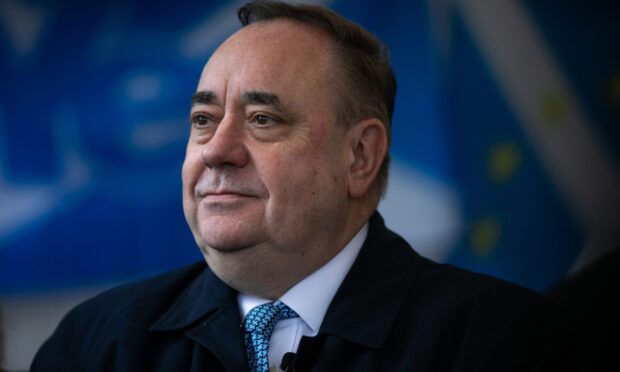
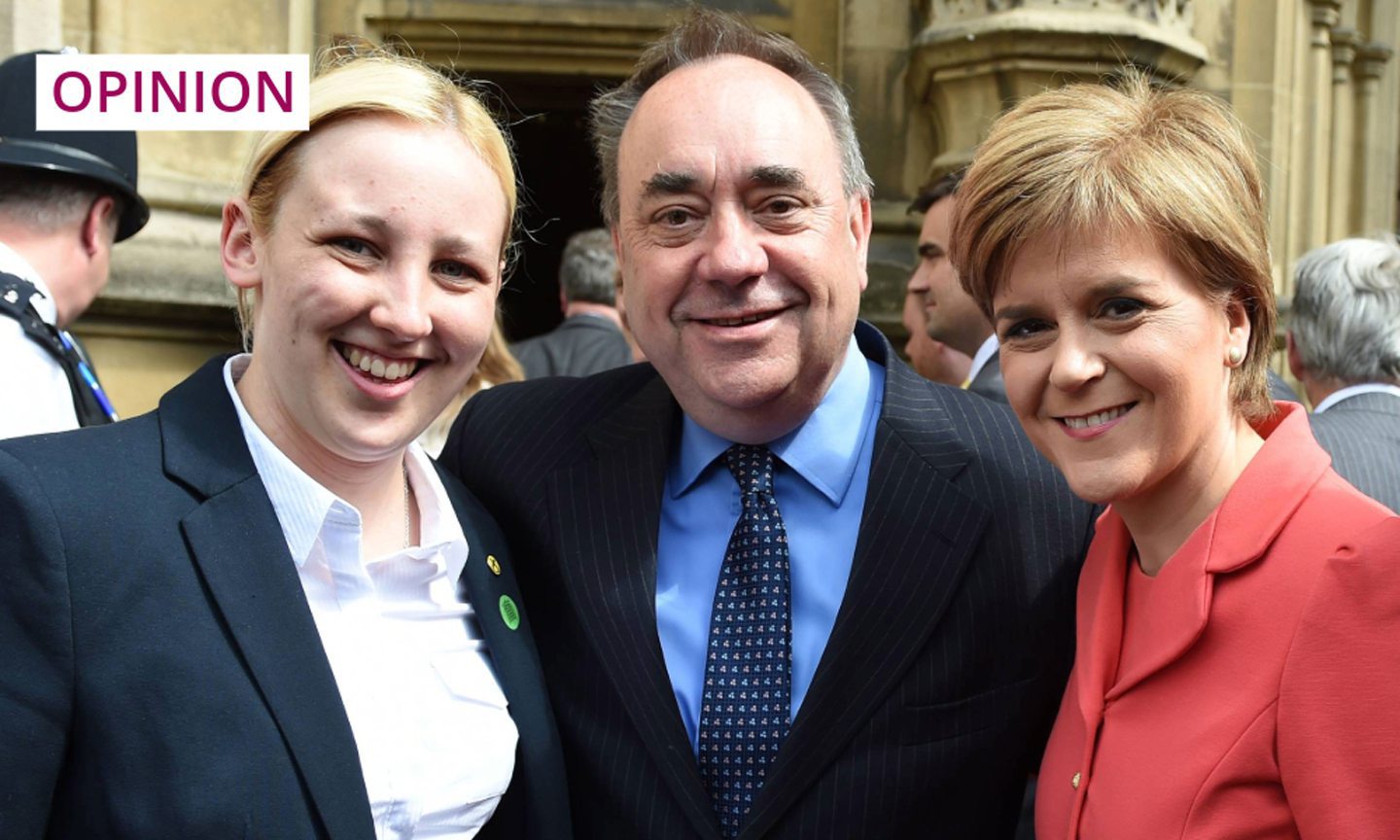
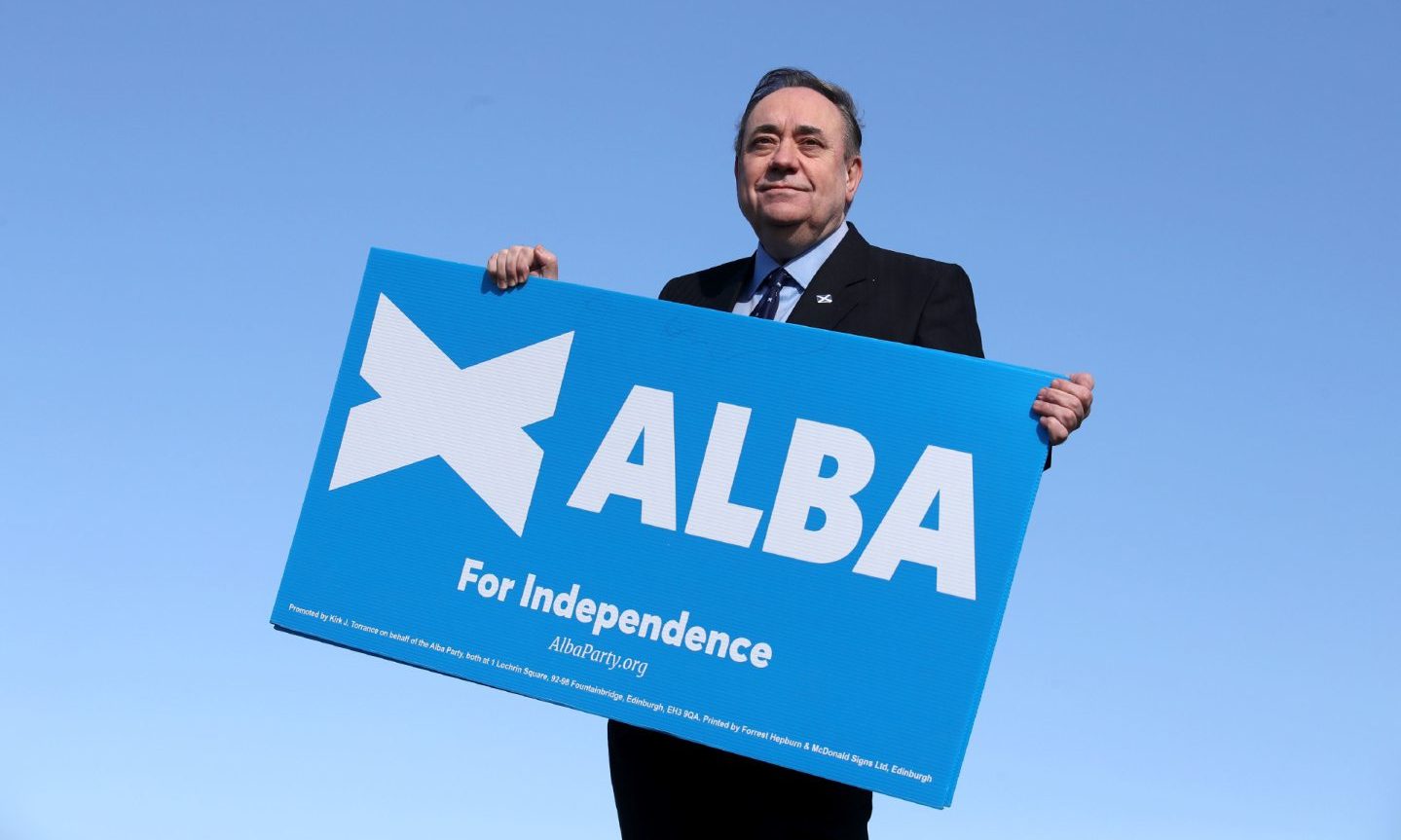

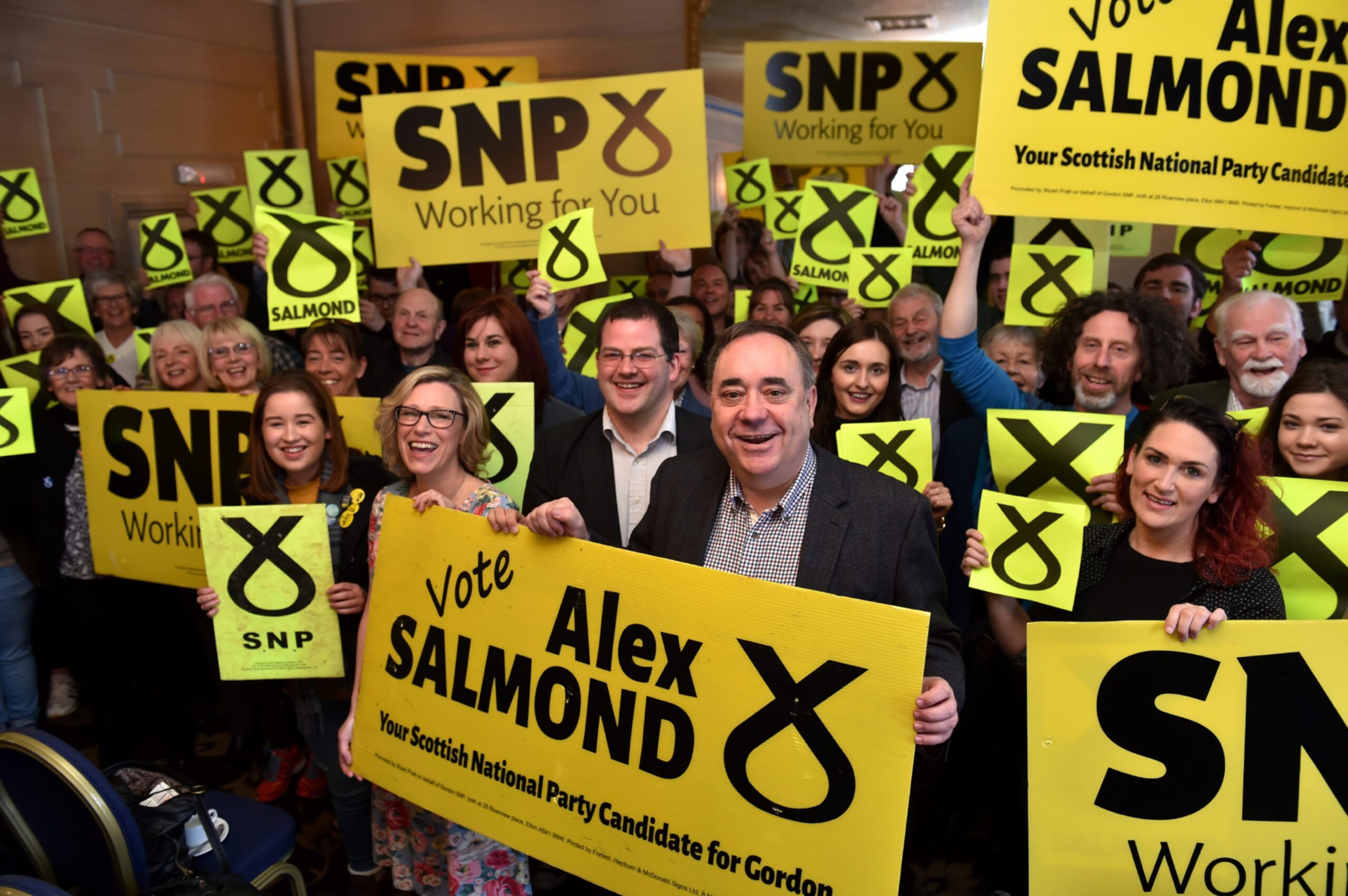
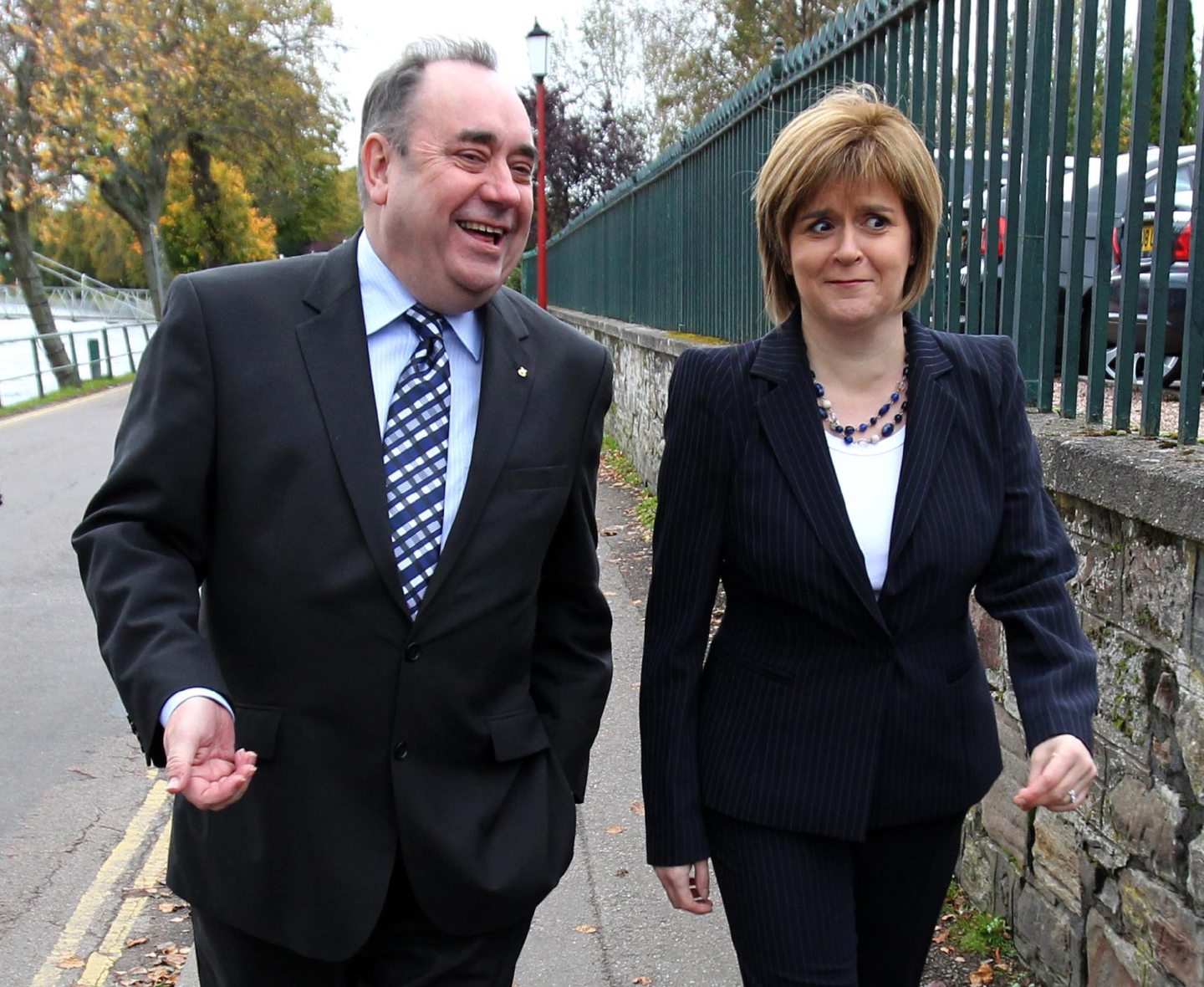
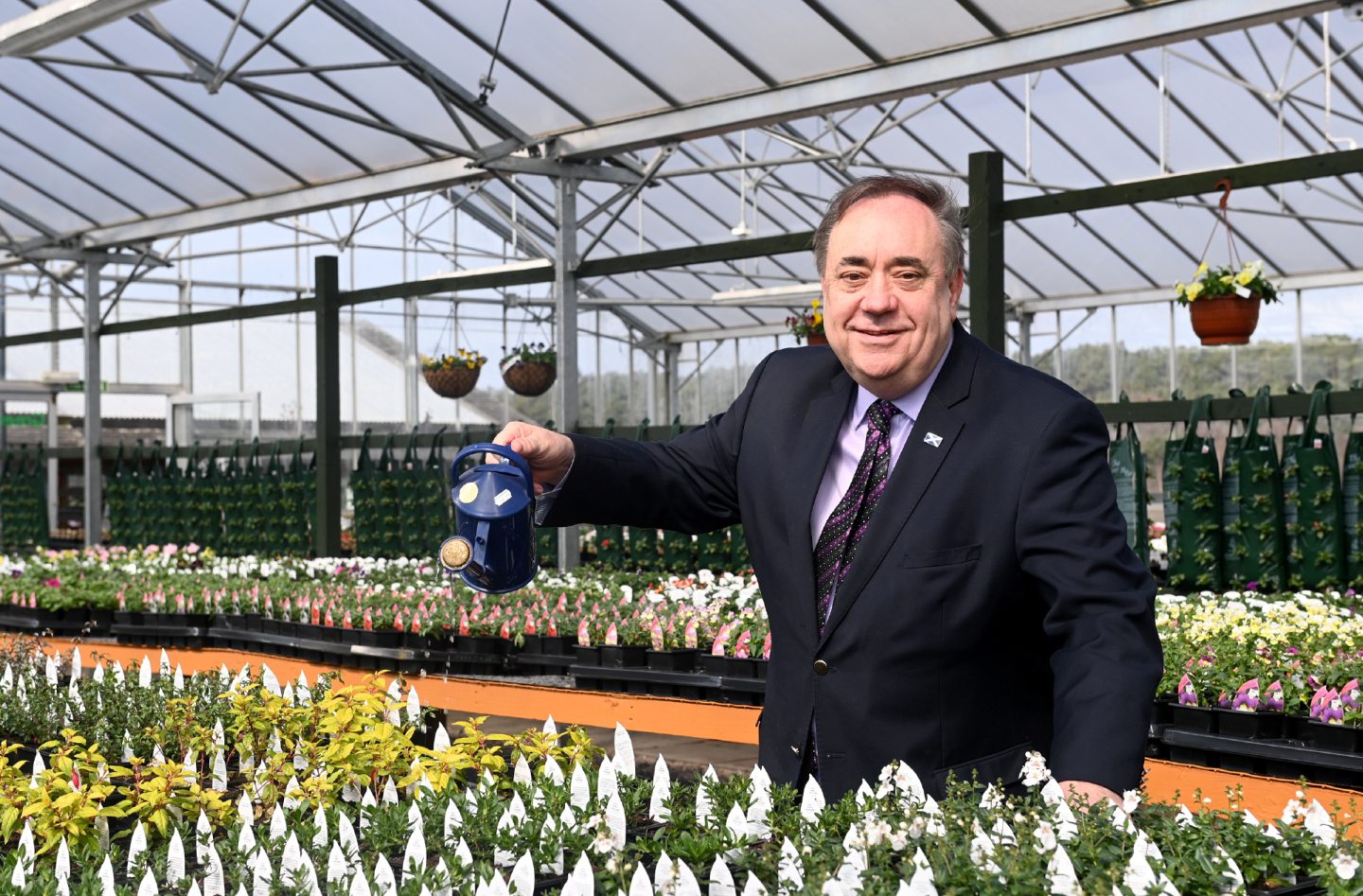
Conversation